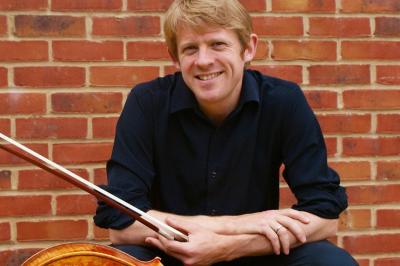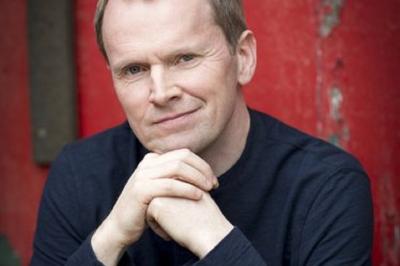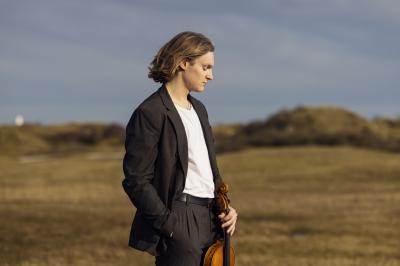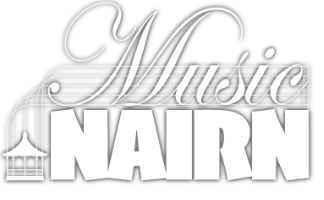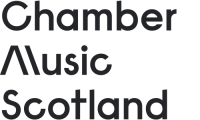Maxwell String Quartet
The Scottish group the Maxwell String Quartet have been playing together since they were youngsters, enjoying the parallel pleasures of playing classical and traditional Scottish music together. Since forming their Quartet as postgraduate students at the Royal Conservatoire, they have become a staple part of the music scene in Scotland and further afield. On their third visit to Music Nairn, they showed that this long partnership and their dual musical focus are both still very much alive and thriving.
Their account of the Haydn D-major Quartet op 20 no 4 with its references to central-European music encapsulated in a strict classical structure seemed a natural fit for an ensemble with its feet firmly fixed in two traditions of musical performance. Employed by the Esterházy family in Hungary, Haydn came across the 'exotic' folk fiddle playing of Hungarian gypsies, while regular spells spent in Vienna brought him into contact with the latest in refined classical taste. Part of the genius of this Quartet is Haydn's synthesis of these two disparate sound-worlds. In the Maxwells' account this blend was particularly effective, with an enigmatic account of the Adagio and variations, followed by a wonderfully fiery Minuetto alla zingarese, while the final Presto e Scherzando was accomplished with a stunning dexterity, drive and unanimity.
Shrewdly, the Quartet have kept the rich seam of Scottish traditional music under their fingers, and in a striking shift of approach, bow technique and vibratoless fingering they turned to their folk heritage to take us to the interval. Music by Niel and Nathaniel Gow and William Marshall received the Maxwell treatment, followed by J Scott Skinner's Hector the Hero and the powerful fiddle Pibroch, Macintosh's Lament before a couple of Shetland reels rounded this section off with a whirl of virtuosity. I was aware of the fact that like the Hungarian gypsy music in the hands of Haydn, this Scottish traditional music has been heavily processed by the Quartet, and yet their intuitive 'folk' playing technique lent these arrangements considerable integrity. I am the grandchild of Orkney folk fiddlers, and when they attended a concert by Scott Skinner over a century ago he suddenly stopped and announced, 'If you lot dinna stop tapping yer toes, I'm awa hame!' – the cantankerous old master would not have been amused at us during the concluding set of reels!
The second half of the concert featured the second of Brahms' op 51 Quartets, a work of intimate charm and flamboyant gestures. In the opening movements we find ourselves in the refined and comfortable setting of the Viennese coffee houses and salons, although there are already occasional hints of more flamboyant ideas to come. Written almost exactly a century after the Haydn Quartet, this music seems partly to yearn for the elegance of classical Vienna. In the finale, however, Brahms' romantic side prevails as heroic almost bombastic melodies come to dominate and the work takes on a new epic dimension. The Maxwells' muscular account of this big music made for an impressive and memorable performance. A well-earned ovation from a capacity crowd was rewarded with another couple of fleet-fingered Shetland reels – and I’m afraid to report more infectious toe-tapping!
Forthcoming Events
